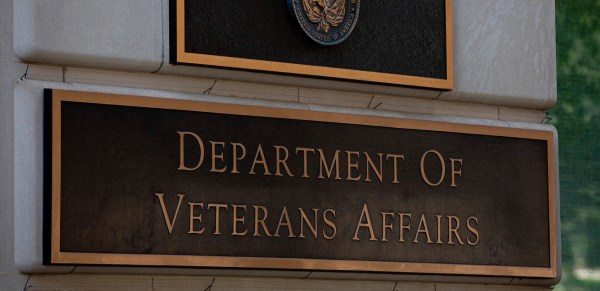VA health leader says delays in Cerner EHR rollout are ‘part of the process’ in internal memo

A Department of Veteran Affairs‘ senior health leader has said that delaying the rollout of its electronic health record system (EHR) at a Boise, Idaho location is part of the implementation process and is “not a setback” in an internal note to staff.
The EHR modernization rollout effort at the Boise VA Medical Center has been postponed indefinitely due to long-identified issues with the program’s reliability and safety that could put veterans in danger.
“I want to make it clear that this weekend’s decision is not a setback, but rather part of the process,” Steven Lieberman, Deputy Under Secretary for Health at the VA said in an email to staff on Wednesday obtained by FedScoop.
“Patient safety and burden on our medical personnel are foremost on our minds, and any adjustments to the go-live schedule reflect this focus,” Lieberman added.
The EHR system rollout issues at other VA medical centers like at the center in Spokane, Washington, caused major harm in which a veteran at risk for suicide did not receive treatment because records disappeared in the computer system.
The implementation of the VA’s new EHR system on an Oracle-Cerner developed platform to medical centers around the country will be delayed from its original estimates by at least one to two years and the system rollout is far behind where it was expected to be at the moment.
Lieberman said the VA will continue to work with Oracle Cerner to improve the software of the EHR system and make it more stable.
Kurt DelBene, the chief information officer at the VA, said during a Senate hearing Wednesday that the Oracle-Cerner EHR system had major stability issues primarily related to change control and testing; challenges with increased capacity; basic functionality; its resilience design, and its response in last resort disaster situations.
When asked for comment on the positive outlook provided in Leiberman’s email despite multiple setbacks within the EHR rollout, the VA defended its decision for the Boise center.
“While there are many positive improvements since VA first went live with the new EHR in October 2020, in assessing Boise’s readiness for deployment this weekend, VA made the decision that, at this point, additional improvements still need to be made to ensure a safe and successful deployment,” said Terrence Hayes, Press Secretary Department of Veterans Affairs.
The VA’s next scheduled EHR software deployment will occur in January of 2023, in Saginaw and Ann Arbor, Michigan, Lieberman said.
“During this short interim, we will not be idle; there is much work to do as we prepare for future successful EHRM deployments in 2023,” he added.






